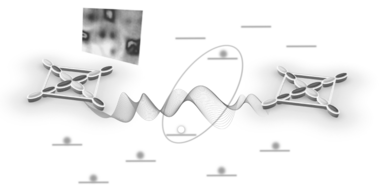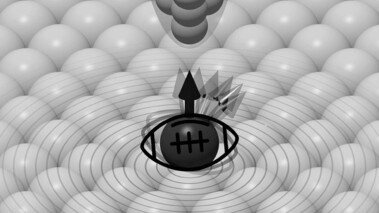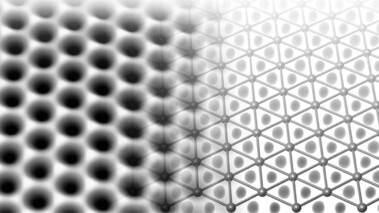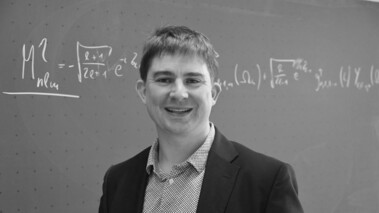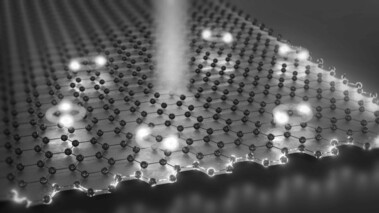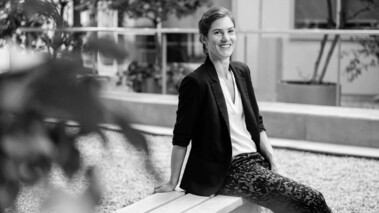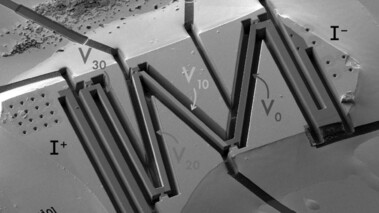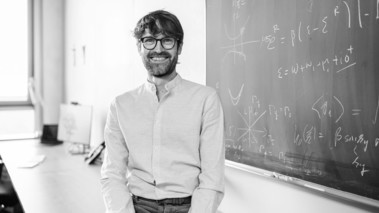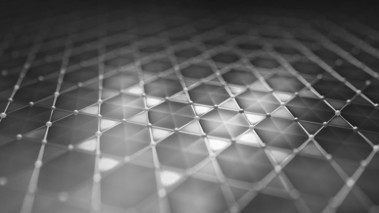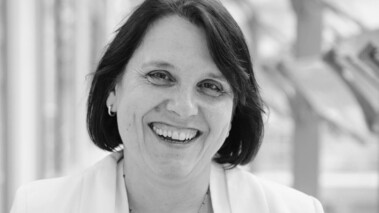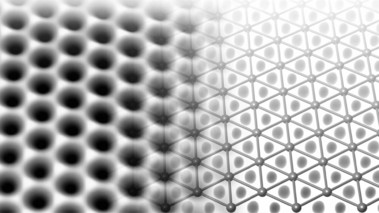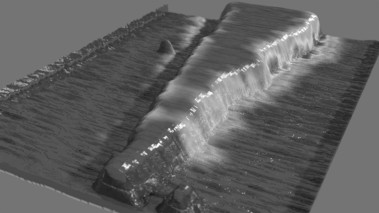News
-
![0409quasiteilchen]()
18 Apr 2024
Quantum entanglement in quasiparticles: a stealth mode against disorder
more
-
![Pressebild-Spinaron-Bild-Jubabouaziz-Ulrichpuhlfuerst-1920x1080]()
26 Oct 2023
05:00 pmSpinaron: A Rugby in a Ball Pit. New Quantum Effect Demonstrated for the First Time
more
-
![Grafische Darstellung einer Gitterstruktur mit hexagonalen und dreieckigen Mustern, farblich differenziert.]()
22 May 2023
Third funding period for Würzburg's Collaborative Research Center ToCoTronics
more
-
![Simon Moser steht vor einer Tafel mit physikalischen Gleichungen, ausgezeichnet für gute Lehre.]()
28 Mar 2023
Innovative teaching award
more
-
![Thumbnail-Exzitonen-Meilenstein-Jo-Rgbandmann]()
10 Jan 2023
Milestone for light-driven electronics: Excitons generated in a topological insulator for the first time
more
-
![Elena Hassinger sitzt im Freien und lächelt in die Kamera, professionelles Porträtfoto für Pressezwecke.]()
04 Nov 2022
New quantum professor in Dresden: With record low temperatures into the hotspot of solid state physics
more
-
![Visualisierung einer FRG-Materialstruktur mit VO-Gitter und chemischen Elementen.]()
09 May 2022
A ‘fast lane’ for electrons
more
-
![20220310-Heinzmaierleibnitzpreis-Fototobiasritz]()
10 Mar 2022
Dresden physicist belongs to the best early career scientists in Germany
more
-
![Kagome-Metalle0003-Urheberjo-Rgbandmann-1920x1080]()
11 Feb 2022
Electron conspiracy in a Japanese lattice pattern: Kagome metals baffle science
more
-
![Freundliches Porträtfoto von Claudia Felser, aufgenommen in heller Umgebung, mit direktem Blick in die Kamera.]()
06 Dec 2021
Claudia Felser receives Max Born Prize
more
-
![Dreieckigehonigwaben-Abbildungctqmat]()
14 Sept 2021
Triangular Honeycombs: Physicists design novel quantum material
more
-
![Bauanleitungfuerquantenmaterialien-1920x1080]()
02 Jul 2021
"Construction manual" for quantum materials
more


